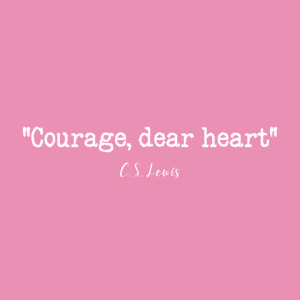Everyone is talking about abortion and bans on abortion. And they all seem so angry. If you are like me, my tendency is not to run towards anger and violence. If anything, I want to duck my head and let it all pass by.
It reminds me of the story, The Voyage of the Dawn Treader, where Lucy and her friends are sailing. Along the journey, they come to an island where nightmares come true. They try to sail away, but no matter how far they sailed, they could not escape the horrific darkness. It feels like that right now. Darkness. Confusion. Fear of what is out there. Who is going to attack? A living nightmare.
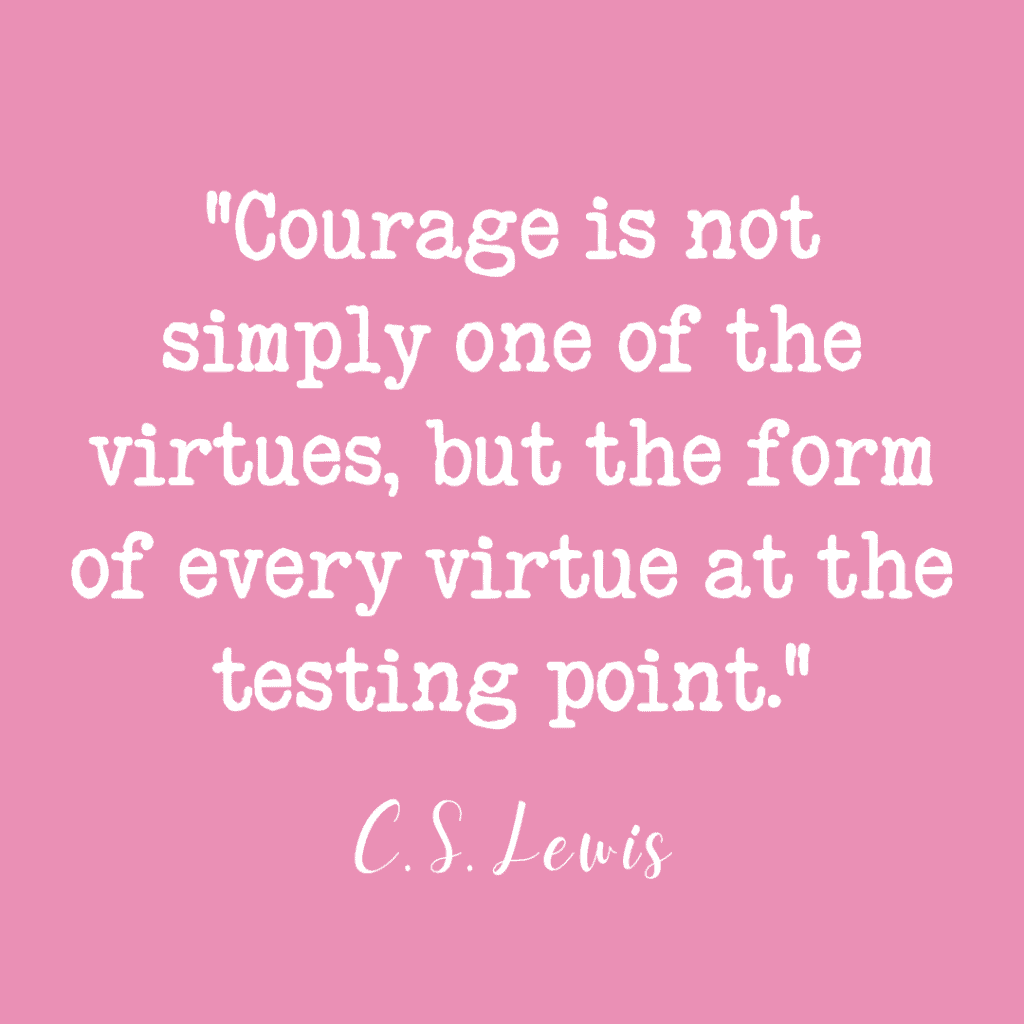
But when Lucy cried out to Aslan, the Christ figure of the book, she found hope. A light pierced the darkness, and an albatross miraculously appeared, leading them to safety. Like Lucy, we can also reach out for guidance, help and understanding.
The abortion debate is coming our way. With Roe v. Wade overturned, the decision on an abortion ban goes back to each state. It is now a question that every citizen will get a chance to vote on in response. And this is not something we have to avoid. Rather, if we understand the thoughts behind the current abortion bans and what our beliefs from God’s Word are, we will find the light to navigate our way through. And hopefully, help our neighbor as well. Here is some of the history and thoughts regarding previous and current abortion bans.
History: Abortion Bans in the U.S.
Abortion became legal nationally with the Supreme Court decision of Roe v. Wade. The interesting part of Roe v. Wade is that it ruled in favor of both abortion and abortion restrictions. Doesn’t those seem to conflict? The justices stated they wanted to protect the privacy of a woman’s choice for abortion, while also recognizing the “important and legitimate interest in protecting the potentiality of human life.” Therefore, they said states may regulate or prohibit abortions entirely once the fetus reaches the point of viability. The general exceptions are cases where the mother’s life is at risk, rape or incest.
The Supreme Court recognized the need to protect life. Therefore, abortion could be banned, and was banned, by many states at the point of viability. That begs the question – when is the point of viability? At the time of Roe v. Wade, viability (the point at which the baby could live outside the womb) was 24-28 weeks. This is typically associated with the third trimester. However, science has since advanced. Babies can now live outside of the womb as early as 21 weeks. Guinness World Records found that the youngest baby delivered was at the gestational age of 21 weeks and one day. That was over a year ago, and he is doing well. This is more proof that the line of viability has advanced alongside modern medicine.
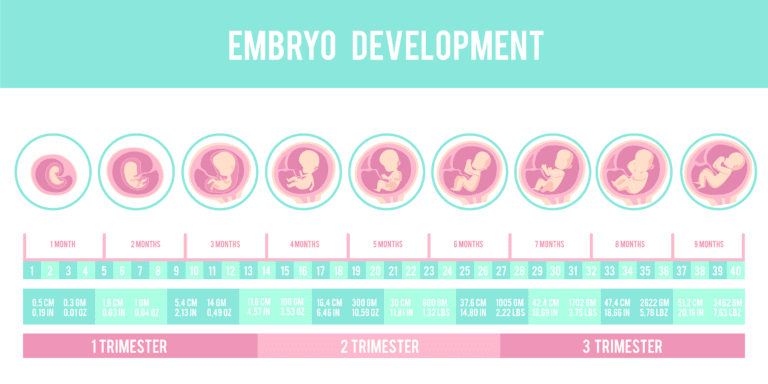
20-Week Pain Capability Abortion Ban
Besides viability, other factors were examined to determine the best time for an abortion ban. As science progressed with ultrasound technology and fetal surgery, new findings indicated that babies could feel pain in the womb. This became a new demarcation line of where to ban abortions in several states, especially as the method of a D&E abortion is quite violent. (D&E is a type of abortion performed between 13-24 weeks.)
Watch 2nd Trimester D&E (warning: may be disturbing.)
To be fair, fetal pain is a debated topic. Some argue it is not possible. Yet, 23 states felt the science of fetal pain was sufficient to put a 20-week ban in place. And, there is evidence to suggest that preborn babies can feel pain much earlier than we initially assumed:
Doctor’s Thoughts on Fetal Pain:
- Dr. Derbyshire wrote in “Reconsidering Fetal Pain” that pain can occur between 12-24 weeks, even though the baby’s cortex is not fully formed.
- Dr. KanwalJeet S. Anand shared that the fetus can feel pain from 20 weeks, if not earlier.
- Dr. Mallory shares that the fetus responds to sound, wincing and recoiling from sharp objects and incisions.
- Preborn babies receiving surgery are given anesthesia.
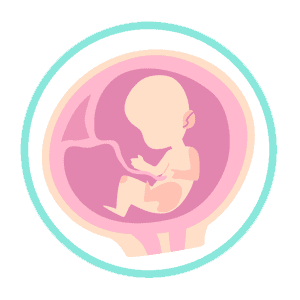
Fact Sheets:
- Prenatal Stress and Pain: Dive Deeper Fact Sheet
- Fact Sheet: Science of Fetal Pain
- The entire body of the fetus responds to touch.
- Watch the 4D ultrasound video of a baby getting an anesthetic injection. Even though it is the third trimester, the baby responds.
15-Week Mississippi Abortion Ban
Mississippi is one of two states to work on a 15-week limit for abortion. This resulted in the court case Dobbs v. Jackson Women’s Health Organization, the reason for Roe v. Wade getting overturned.
The thought behind a 15-week ban is that it does not cause women an “undue” burden to determine their pregnancy and seek an abortion within 15 weeks. It also aims to protect women from the D&E evacuation procedures called “barbaric,” “dangerous for the mother and “demeaning to the medical professional” by the State of Mississippi.
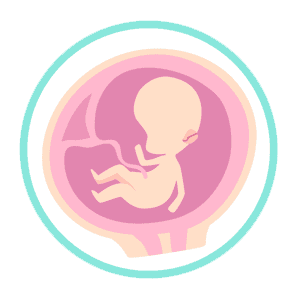
(Keep in mind that successful surgeries have been performed on babies as young as 14 weeks. See 15 Facts at 15 weeks.)
Scientific videos of the developing baby:
6-Week Texas Heartbeat Bill Abortion Ban
Texas made a lot of news coverage when they passed a ban on abortion after a heartbeat was detected. Around the six-to-eight-week gestational age, the preborn’s heart beats approximately 98 beats per minute and can be picked up by ultrasound and is seen as a regular flutter. For more information, check out:
- Highlights of the Early Heart
- Ted Talk on the development of the heart in the fetus. (Warning: Section with an illustrated naked pregnant body at 8:50.)
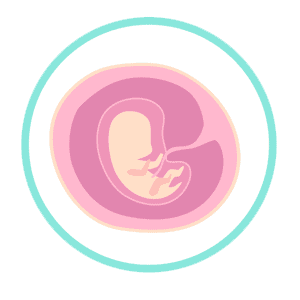
Fertilization Abortion Ban
Oklahoma was the first state to prohibit abortion after fertilization. This means that all abortions are banned, except for cases of incest, rape or to save the mother’s life. And all of the previous abortion bans mentioned have one problem in common: the gestational age of the fetus. It can be hard for the woman to know how far along she is. That is why some use gestational age while others like to calculate after the last menstrual period (LMP). However, either method can be slightly off, which matters if you are looking at an abortion ban within a specific time frame.
Therefore, some thought it was easiest to start at the beginning. Life begins at fertilization. Once the sperm and egg come together, they create a totally unique person who is genetically distinct from the mother and father. The human embryo develops and grows, but they are already human. Interestingly, scientists have discovered that when an egg and sperm come together, there is a burst of light, a firework of zinc. One might say that is the spark of life.
Also, consider in vitro fertilization. In 2018, a couple fought over custody of frozen embryos. They both saw life represented in the embryos even though they differed on what should be done with that life.
Summary Chart of Abortion Bans:
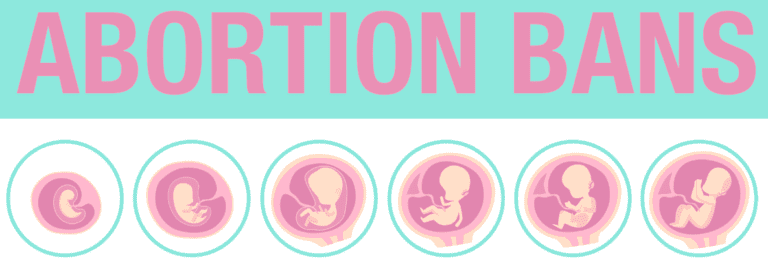
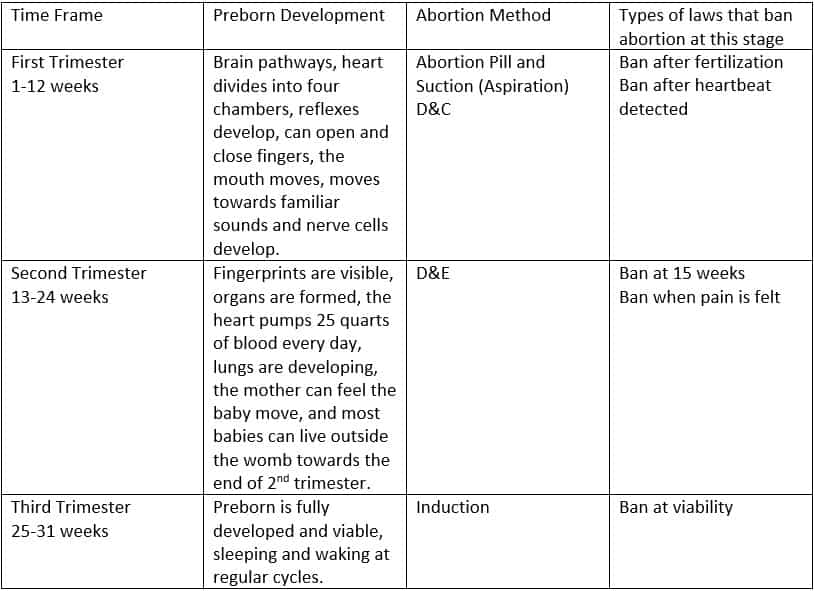
(For more information, Live Action has put together a series of videos, “What is Abortion?” that explain the different types of abortion with medical doctors. Warning: Abortion is the taking of life. Videos are graphic and disturbing.)
When Do Abortions Happen?
According to the CDC, here is the breakdown of when abortions happen:
- 93% of abortions happen at 13 weeks or earlier.
- 6% of abortions happen at 14-20 weeks.
- 1% of abortions happen at or after 21 weeks.
And there is evidence that the legal status of abortion impacts abortion rates. Abortion rates increased in the United States after 1973, when abortion was made legal.
In addition, it is helpful to look at international abortion norms. 75% of countries that allow elective abortion limit them to at or before 12 weeks. Some nations allow abortion up to 20 weeks. Only seven countries: Canada, China, North Korea, Vietnam and parts of the United States, allow for abortion at any time.
What Will Your State Decide?
Interestingly, despite the loud protests, 71% of Americans support legal restrictions on abortion. Many believe that an abortion ban at some point during pregnancy makes sense. But where does your state fall? This map shows where each state stands or is expected to stand.
There is nothing wrong with voicing your opinion on when an abortion ban should happen. You are part of the state. And we all, as part of the human race, have an interest in what happens to our citizens, including those who have yet to be born.
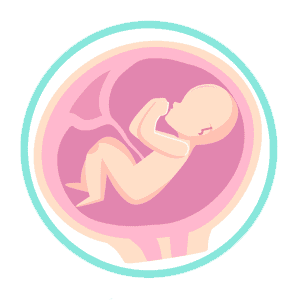
Yet, it does take courage to navigate these tumultuous waters and voice an opinion. It can feel like the darkness will never end. I understand the desire to avoid this, to sit this one out, to go along and get along. But this matters. And like Lucy, we can cry out for wisdom. God promises to provide insight when we seek Him (James 1:5). Not only does the Lord give wisdom, but He also gives help and courage. Together, like Lucy and her friends on the Dawn Treader, if we hold fast and work together, we will see the end of the darkness.
“In a few moments the darkness turned into a greyness ahead, and then, almost before they dared to begin hoping, they had shot out into the sunlight and were in the warm, blue world again. And all at once everybody realized that there was nothing to be afraid of and never had been.”
The Voyage of the Dawn Treader by C.S. Lewis Tweet
